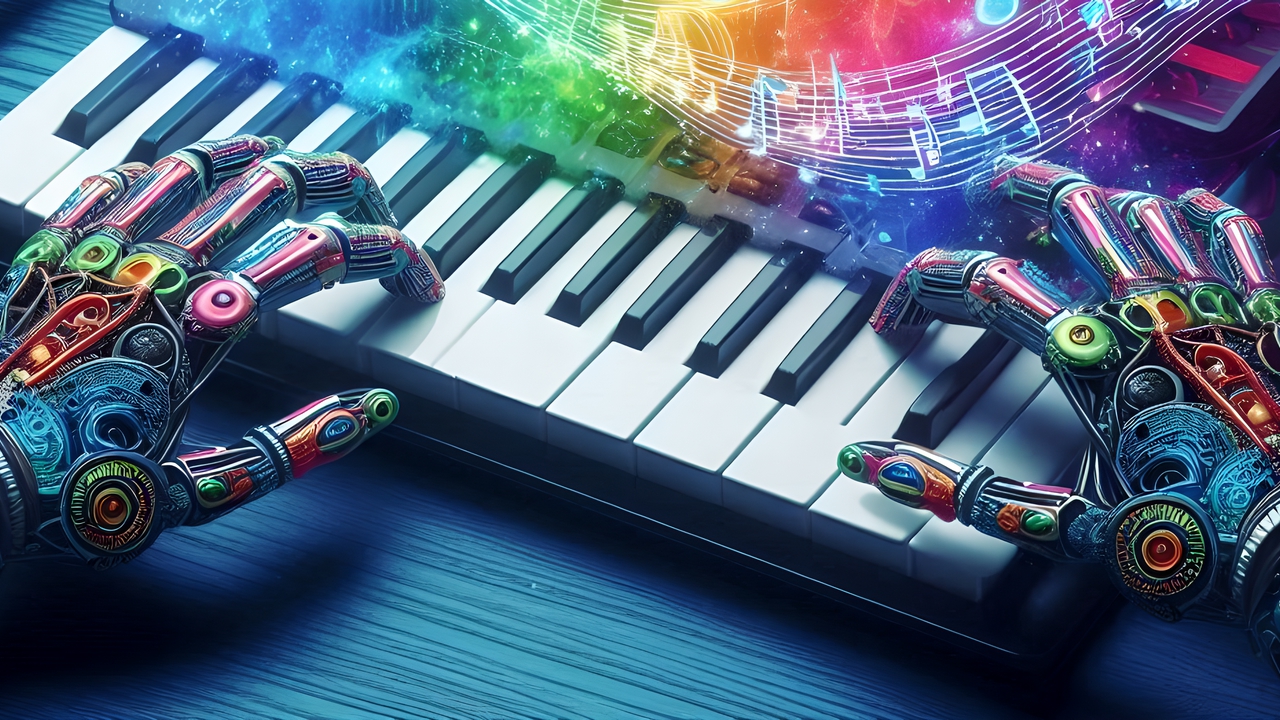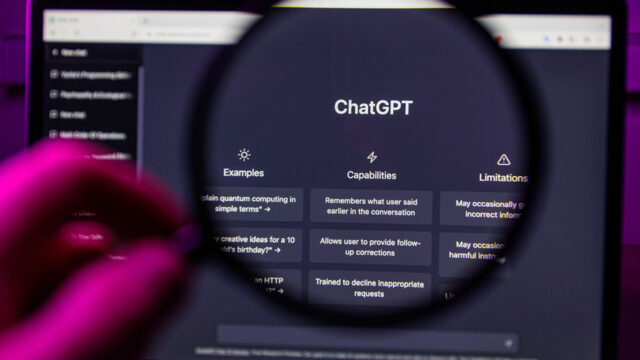We all know the state of artificial intelligence, especially in recent years… With a single click of the mouse, users can instantly create musical works or visuals that have taken years, perhaps months, of work. Although these developments make the end user happy, some companies are also bored.
Udio, one of the well-known artificial intelligence companies in the field of producing music with artificial intelligence, is faced with a major legal process together with its rival and counterpart company called Sono. Many companies, including the world’s most famous music companies Universal Music Group (UMG), Warner Music Group and Sony, officially filed a lawsuit against these two companies on the grounds that they violated their copyrights.
Why is producing music with artificial intelligence legally problematic?
Artificial intelligence models such as Suno and Udio can present works as if they were made by an artist, depending on the commands you give, the instruments you want, and even the lyrics. Companies such as Sony and Warner Bros. claim that the resulting ‘new’ works are modeled on copyrighted music and that this is both ethical and legal.

Of course, at this point, the lawsuit filed against these two companies is of critical importance. In fact, if the court finds the companies right as a result of the lawsuit, this case could set a precedent worldwide and cause other artificial intelligence models to be pulled.
Issuing an official statement immediately after the lawsuit was filed, the Udio front flatly rejected the allegations. Udio stated that they inspired many musicians and users and that there was no violation of copyrights.
Here is Udio’s statement:
“As Udio, we set out to enable artists of all genres to create extraordinary music. At a young age as a company, we have been in the studios of the world’s greatest musicians, collaborated with up-and-coming songwriters, and witnessed millions of users create extraordinary new music ranging from the funny to the profound.
Generative AI models, including our music model, learn from examples. Just as students listen to music and study the notes, our model ‘listened’ and learned from a large collection of recorded music.
“Let’s use this turning point in technology to expand the circle of creators, empower artists, and celebrate human creativity.”

